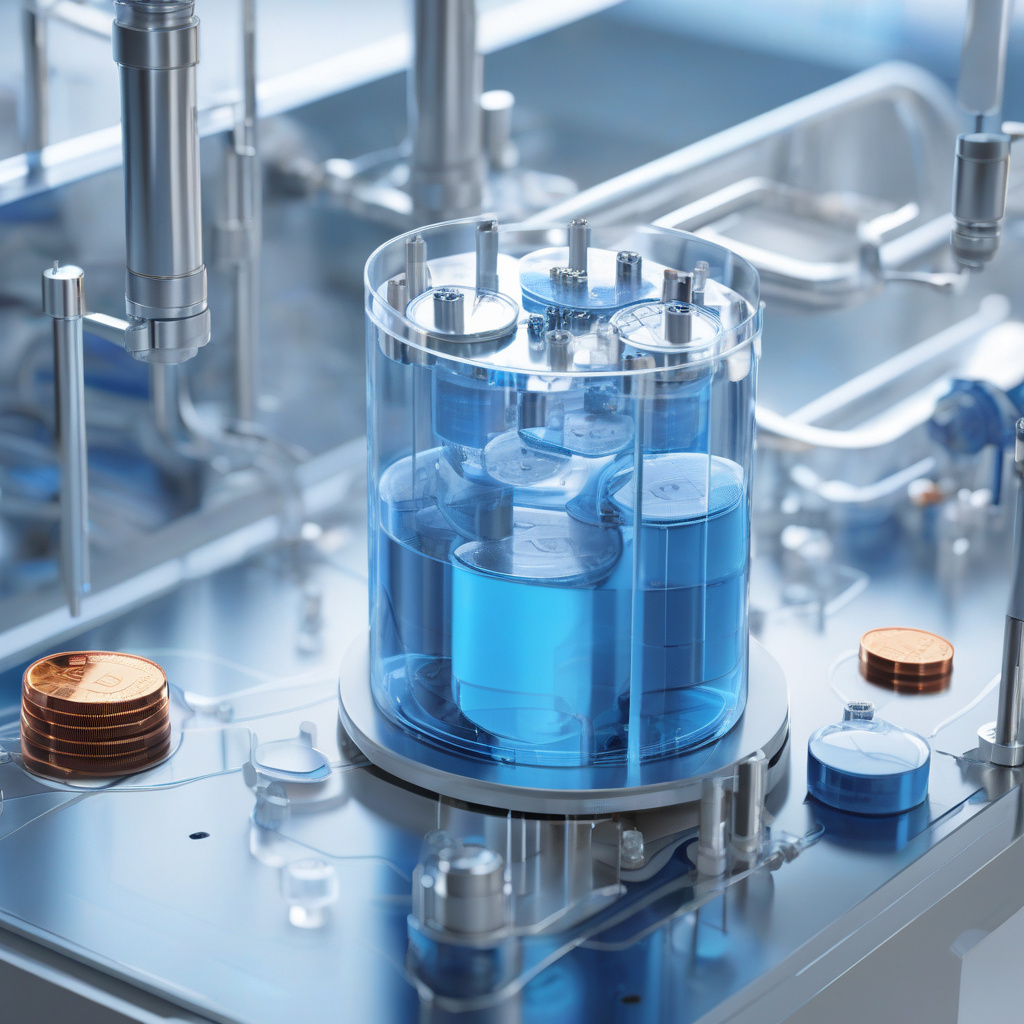From coin cells to packs, Alberta’s water battery breakthrough expands energy options
Engineering researchers at the University of Alberta have developed a method to dramatically improve the storage capacity of rechargeable batteries using water-based solutions. This breakthrough in energy storage technology has the potential to revolutionize the way we power our gadgets, vehicles, and even entire cities.
The team of researchers, led by Dr. Sarah Chen, has found a way to enhance the performance of lithium-ion batteries by replacing the traditional graphite anode with a water-based solution. This simple yet ingenious modification has resulted in a significant increase in the energy density of the batteries, making them more efficient and longer-lasting.
One of the key advantages of this new water-based battery technology is its environmental friendliness. Unlike conventional lithium-ion batteries that use toxic and flammable materials, the water-based batteries are non-toxic, non-flammable, and fully recyclable. This not only reduces the environmental impact of battery production and disposal but also makes the technology safer to use in everyday applications.
In addition to being eco-friendly, the water-based batteries also offer superior performance compared to their traditional counterparts. The increased energy density means that these batteries can store more energy in a smaller and lighter package, making them ideal for portable electronics, electric vehicles, and renewable energy storage systems.
The potential applications of this technology are vast and varied. For example, in the consumer electronics industry, the water-based batteries could lead to smartphones and laptops that last much longer on a single charge. In the automotive sector, electric vehicles equipped with these batteries could achieve significantly greater range, making them more practical for everyday use. And in the renewable energy sector, grid-scale energy storage systems based on this technology could help smooth out the intermittent nature of solar and wind power, making these energy sources more reliable and cost-effective.
But perhaps the most exciting aspect of this breakthrough is its scalability. The researchers have demonstrated that the water-based battery technology can be easily scaled up from small coin cells to large battery packs suitable for electric vehicles and grid-scale energy storage. This means that the technology has the potential to make a real impact on our energy infrastructure, helping to reduce our reliance on fossil fuels and accelerate the transition to a clean and sustainable energy future.
As with any new technology, there are still challenges to overcome before water-based batteries become mainstream. The researchers are currently working on optimizing the performance and durability of the batteries, as well as reducing the cost of production to make them more competitive with existing technologies. However, the early results are promising, and the team is confident that they are on the right track to commercializing their technology in the near future.
In conclusion, the water-based battery breakthrough by the University of Alberta engineering researchers represents a significant step forward in the field of energy storage. By enhancing the performance, safety, and environmental sustainability of rechargeable batteries, this technology has the potential to transform the way we power our world. As we look towards a future powered by clean and renewable energy sources, innovations like this will play a crucial role in shaping a more sustainable and prosperous society.
energy, technology, innovation, sustainability, University of Alberta












